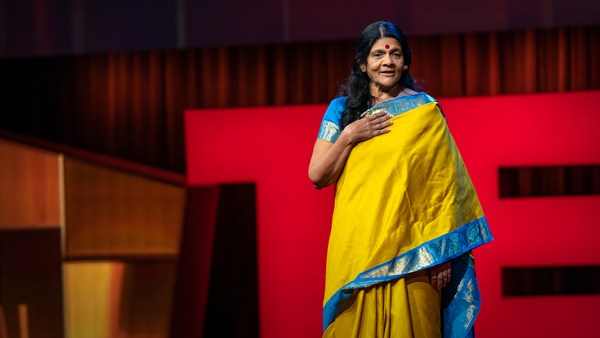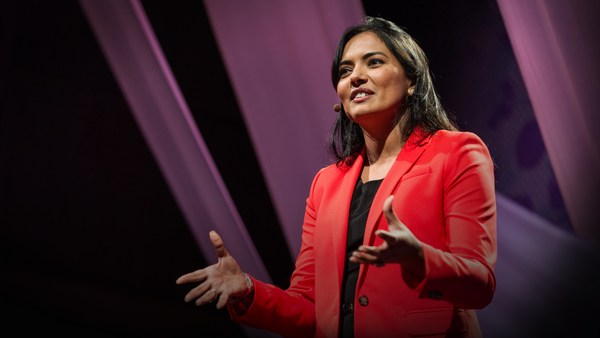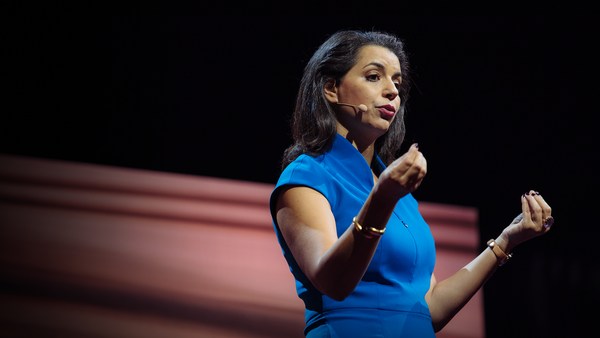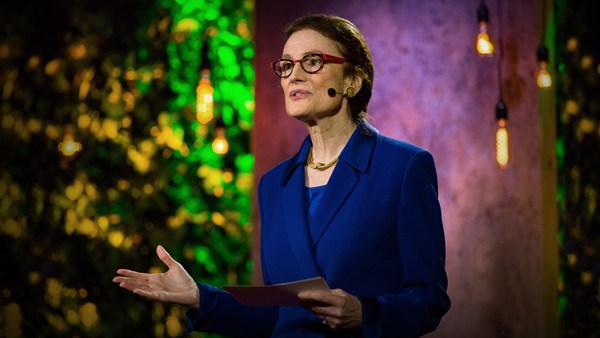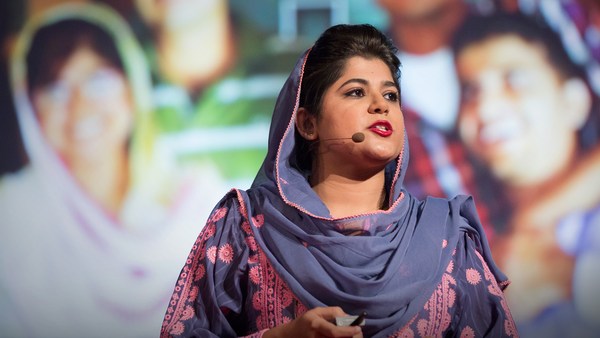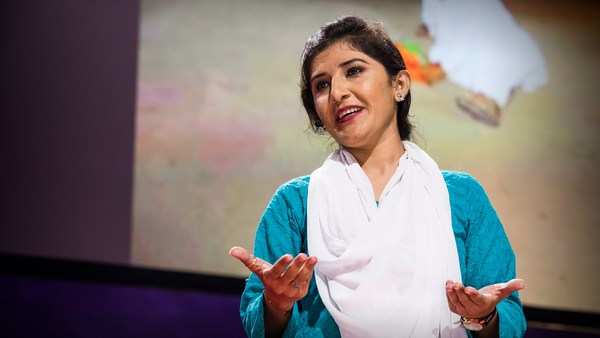I was eight years old. I remember that day clearly like it happened just yesterday. My mother is a bidi roller. She hand-rolls country cigarettes to sustain our family. She is a hard worker and spent 10 to 12 hours every day rolling bidis. That particular day she came home and showed me her bidi-rolling wage book. She asked me how much money she has earned that week. I went through that book, and what caught my eyes were her thumbprints on each page.
My mother has never been to school. She uses her thumbprints instead of a signature to keep a record of her earnings. On that day, for some reason, I wanted to teach her how to hold a pen and write her name. She was reluctant at first. She smiled innocently and said no. But deep down, I was sure she wanted to give it a try. With a little bit of perseverance and a lot of effort, we managed to write her name. Her hands were trembling, and her face was beaming with pride.
As I watched her do this, for the first time in my life, I had a priceless feeling: that I could be of some use to this world. That feeling was very special, because I am not meant to be useful. In rural India, girls are generally considered worthless. They're a liability or a burden. If they are considered useful, it is only to cook dishes, keep the house clean or raise children. As a second daughter of my conservative Indian family, I was fairly clear from a very early age that no one expected anything from me. I was conditioned to believe that the three identities that defined me -- poor village girl -- meant that I was to live a life of no voice and no choice. These three identities forced me to think that I should never have been born.
Yet, I was. All throughout my childhood, as I rolled bidis alongside my mother, I would wonder: What did my future hold? I often asked my mother, with a lot of anxiety, "Amma, will my life be different from yours? Will I have a chance to choose my life? Will I go to college?" And she would reply back, "Try to finish high school first." I am sure my mother did not mean to discourage me. She only wanted me to understand that my dreams might be too big for a girl in my village.
When I was 13, I found the autobiography of Helen Keller. Helen became my inspiration. I admired her indomitable spirit. I wanted to have a college degree like her, so I fought with my father and my relatives to be sent to college, and it worked.
During my final year of my undergraduate degree, I desperately wanted to escape from being forced into marriage, so I applied to a fellowship program in Delhi, which is about 1,600 miles away from my village.
(Laughter)
In fact, I recall that the only way I could fill out the application was during my commute to college. I did not have access to computers, so I had to borrow a college junior's cell phone. As a woman, I could not be seen with a cell phone, so I used to huddle his phone under my shawl and type as slowly as possible to ensure that I would not be heard. After many rounds of interviews, I got into the fellowship program with a full scholarship. My father was confused, my mother was worried --
(Applause)
My father was confused, my mother was worried, but I felt butterflies in my stomach because I was going to step out of my village for the first time to study in the national capital.
Of the 97 fellows selected that year, I was the only rural college graduate. There was no one there who looked like me or spoke like me. I felt alienated, intimidated and judged by many. One fellow called me "Coconut Girl." Can you guess why? Anyone? That's because I applied a lot of coconut oil to my hair.
(Laughter)
Another asked me where I had learned to speak English, and some of my peers did not prefer to have me on their assignment teams because they thought I would not be able to contribute to their discussion. I felt that many of my peers believed that a person from rural India could not supply anything of value, yet the majority of Indian population today is rural. I realized that stories like mine were considered to be an exception and never the expectation.
I believe that all of us are born into a reality that we blindly accept until something awakens us and a new world opens up. When I saw my mother's first signature on her bidi-rolling wage book, when I felt the hot Delhi air against my face after a 50-hour train journey, when I finally felt free and let myself be, I saw a glimpse of that new world I longed for, a world where a girl like me is no longer a liability or a burden but a person of use, a person of value and a person of worthiness.
By the time my fellowship ended, my life had changed. Not only had I traced my lost voice, but also had a choice to make myself useful. I was 22. I came back to my village to set up the Bodhi Tree Foundation, an institution that supports rural youth by providing them with education, life skills and opportunities. We work closely with our rural youth to change their life and to benefit our communities.
How do I know my institution is working? Well, six months ago, we had a new joinee. Her name is Kaviarasi. I first spotted her in a local college in Tirunelveli during one of my training sessions. As you can see, she has a smile which you can never forget. We guided her to get an opportunity to study at Ashoka University, Delhi. The best part of her story is that she is now back at Bodhi Tree as a trainer working with dedication to make a change in the lives of others like her. Kaviarasi doesn't want to feel like an exception. She wants to be of use to others in this world.
Recently, Kaviarasi mentored Anitha, who also comes from a remote, rural village, lives in a 10-foot-by-10-foot home, her parents are also farm laborers. Kaviarasi helped Anitha secure admission in a prestigious undergraduate program in a top university in India with a full scholarship. When Anitha's parents were reluctant to send her that far, we asked the district administration officials to speak to Anitha's parents, and it worked.
And then there is Padma. Padma and I went to college together. She's the first in her entire village to attend graduation. She had been working with me at Bodhi Tree until one day she decides to go to graduate school. I asked her why. She told me that she wanted to make sure that she would never be a liability or a burden to anyone at any point in her life.
Padma, Anitha and Kaviarasi grew up in the most tough families and communities one could only imagine. Yet the journey of finding my usefulness in this world served them in finding their usefulness to this world.
Of course there are challenges. I'm aware change does not happen overnight. A lot of my work involves working with families and communities to help them understand why getting an education is useful for everyone. The quickest way to convince them is by doing. When they see their kids getting a real education, getting a real job, they begin to change.
The best example is what happened at my home. I was recently given an award in recognition of my social work by the chief minister of my state. That meant I was going to be on television.
(Laughter)
Everyone was hooked on to the television that morning, including my parents. I would like to believe that seeing her daughter on television made my mother feel useful too. Hopefully, she will stop pressuring me to get married now.
(Laughter)
Finding my use has helped me to break free from the identities society thrusts on me -- poor village girl. Finding my use has helped me to break free from being boxed, caged and bottled. Finding my use has helped me to find my voice, my self-worth and my freedom.
I leave you with this thought: Where do you feel useful to this world? Because the answer to that question is where you will find your voice and your freedom.
Thank you.
(Applause)
